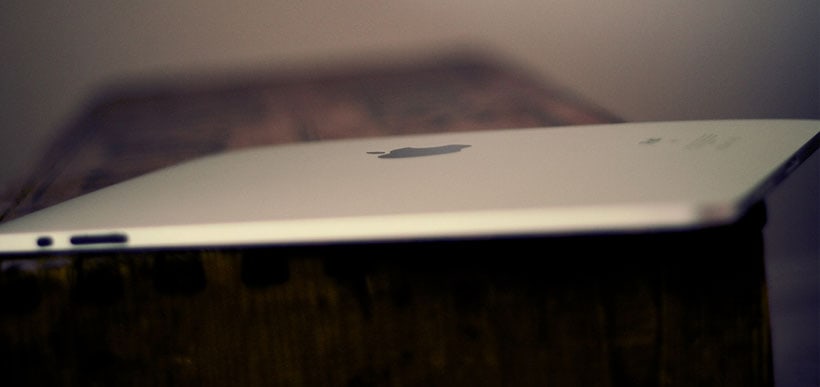Rumors of the much anticipated iPhone 6 have been flowing through the rumor mill for months, yet little is known about the next update to Apple’s highly successful iPad line. Rumors surfaced Tuesday that the next generation of iPads will feature a anti-reflective coating which could make it easier for users to use the device outside and under harsh lighting.
According to the source at Bloomberg, “Mass production of a full-sized iPad with a 9.7-inch screen is already under way, with an unveiling projected for the end of this quarter or early next, said two of the people, who asked not to be identified because the details aren’t public. A new version of the 7.9-inch iPad mini is also entering production and will probably be available by the end of the year, they said.”
Outside of this new rumor, little is known about the next generation iPads. There are assumptions, however, that seem likely. For example they are expected to come equipped with Touch ID sensors, which up until now have been the sole province of the iPhone 5s (and eventually the iPhone 6).
Other expectations point to an upgrade to the next generation Apple processor, which is expected to be called the A8. Outside of the name, not much is known.
Finally, it is expected that Apple will continue to release their two new iPad models in October, around a month after their September iPhone event. Both the iPad Air and the iPad mini with Retina Display are expected to be upgraded.
Enough to Save the iPad
Apple doomsayers point out that the iPad sales have been declining over the last few quarters. This past quarter saw sales decline nearly 9% year over year. Some analysts say that despite these recent rumors, the new iPads need to pack a punch if they want to stop the bleeding when it comes to iPad sales.
The iPad is different from the iPhone however. The iPhone has continued to grow despite swift competition because of the way the smartphone market is structured. People upgrade their phones every couple of years. The iPad market is much more similar to the computer market, where people only upgrade every four or five years, or only when they have to.
For Apple this means that iPad sales will bottom out similar to the trajectory of the Mac. The Mac has never been as good a seller as the iPhone, and the upgrade cycles on those products is much longer than that of a smartphone. That, perhaps, is one of the reasons why Apple’s product cycle on the Macs (like the Mac mini and the Mac Pro) are much longer than the iPhone, which gets updated every year.
For those reasons, many Apple watchers find it unsurprising that the most recent iPad upgrades will underwhelm those looking for more iPhone-like upgrades.
